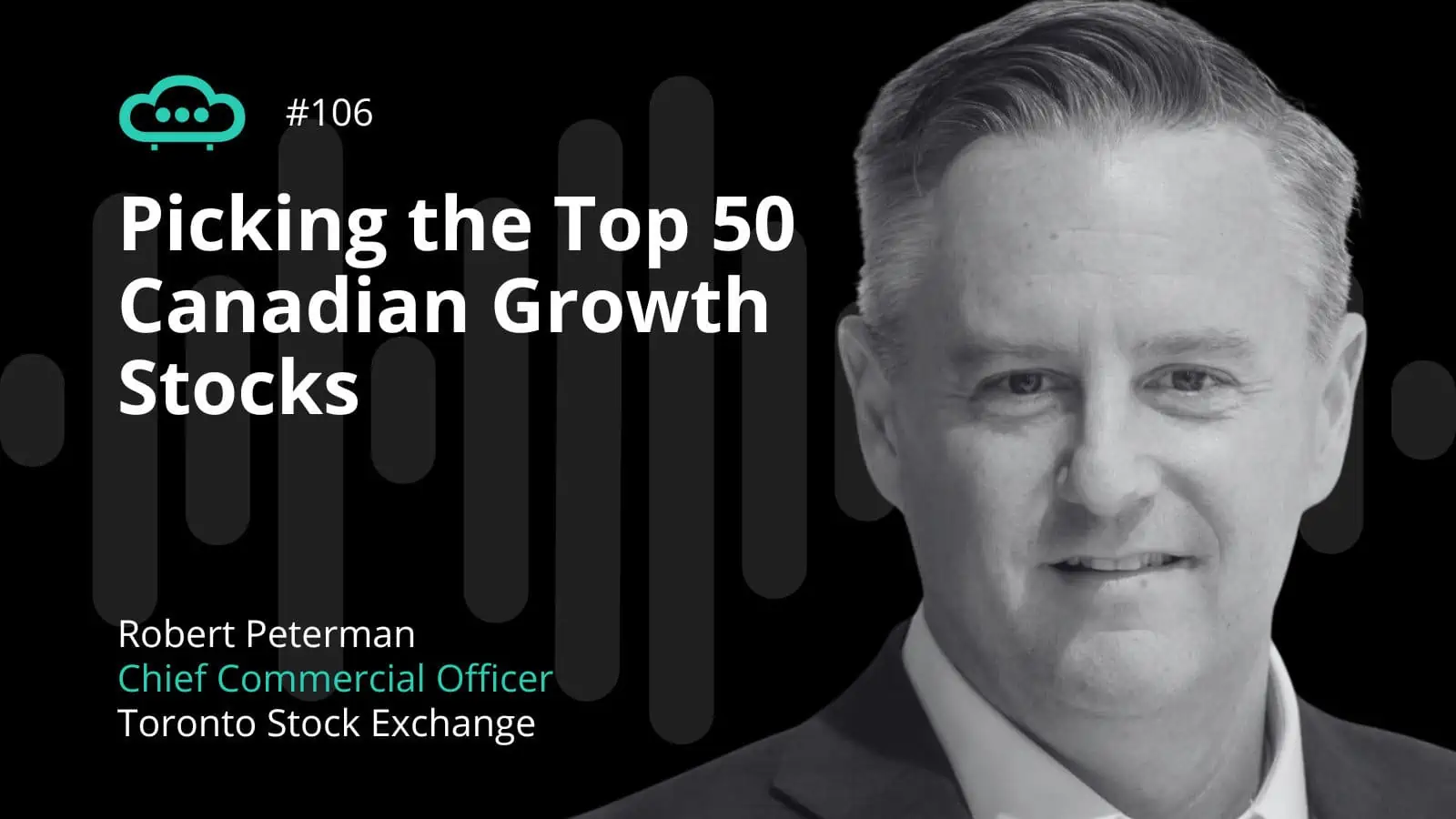As the days become longer, and folks venture out from a cold Winter of Discontent, the attractions of a pint with friends in the sunshine in a nice beer garden becomes again a thing people crave. Chances are that at 1-in-10 of us will end up at a ‘spoons. JD Wetherspoon [LON:JDW] reports its results this Friday (24th March).
Wetherspoon’s is rarely out of the news, not least for its chairman, Tim Martin’s love for a media soundbite. But the county’s third biggest pub chain, like most of the hospitality sector, has had a rough couple of years dealing with the effect of the Covid-19 lockdowns on earnings. According to government statistics, overall the hospitality sector’s economic output in 2020 was 42% lower than in 2019. In 2021, hospitality output was 21% lower than 2019. The hospitality industry’s share of the UK economy fell from 3% in 2019 to 2% in 2020 and 2021.
Consistent profits
JD Wetherspoon reported the biggest loss in its history in the year to end-July 2021 – in fact it has only made losses three times since 1979 – in 1984, 2020 and 2021. In the 12-months to 25th July 2021, Wetherspoon’s recorded a pre-tax loss of GBP154.7m, up from GBP34.1m the previous year.
But from last summer, the sector came back with a boom, as millions of pent-up consumers wanted to get outside (and inside), mix freely, and spend time with friends and family in a lockdown-free environment.
Wetherspoon’s was quick to open as soon as it was legal to, and in its last trading update, reported a 13% increase in like-for-like sales when compared to the 25-weeks to 22nd January 2021, but still behind its pre-Covid numbers.
JD Wetherspoon seeing rising costs
However, 2022 was challenging for Wetherspoon’s and the Hospitality sector as a whole for other reasons. The War on Ukraine loomed heavily on revenues, with increased costs of energy and raw materials cutting into the pub chain’s margins– heating pubs in winter doesn’t come cheap.
The sector has also found that hiring staff has been more difficult and expensive over the last year and the company has been selling properties. At the date of its last trading update JD Wetherspoon had 844 pubs under management, having sold 10 and opened two more in the period with 35 pubs for sale. Most of the pubs on the market being close to other Wetherspoon outlets.
- Cybersecurity stock joins our long term bets for an uncertain age
- Three Quick Facts: Wetherspoon, Robinson, Zephyr Energy
- Bank of Georgia shares up 206% since since we started coverage
The real estate disposals brought GBP2.9m of cash into the business, and Wetherspoon’s management said: “Free cash flow is expected to be substantially in excess of profits, as a result of a cash inflow of approximately GBP170m from the October 2022 sale of interest rate swaps.”
Debt paydown
As of 22nd January, Wetherspoons’ net debt was GBP745m, approximately GBP60m lower than the FTSE 250 company reported at the same stage in 2020, before the pandemic. Since January 2020, the company invested GBP80.4m in the freehold reversions of 31 properties, of which Wetherspoon was previously the tenant. The pub operator has been paying down its debt, repaying GBP100m of Coronavirus Large Business Interruption Loan Scheme loans due to mature in August 2023. Financial headroom at end-January 2023 was in the region of GBP225m.
The company opened trading today (21st March) at 590p and has offered a year-to-date return of 33.3% and a one-year return of -29.7%. The 52-week price swung between 388.4p and 853.5p. JD Wetherspoon has a market capitalisation of GBP746.75m.
All things considered, JD Wetherspoon had a reasonably solid 2022, but as the cost-of-living crisis continues to bite and energy prices remain historically high, there are threats to the pub business. With high inflation eating into profits, analysts will be alert to a decline in revenues.
JD Wetherspoon offers no frills value
However, Wetherspoon’s has carved a niche for ‘value’ ‘no-frills’ offering in food and beverages, and notwithstanding any unexpected shocks like a pandemic, sales volumes and profits should start to tick up once again. There is scope to put up its prices and still remain a ‘value’ offering, and the rationalisation of its property estate could mean that it can focus on fewer establishments, but to a higher specification to remain the punter’s choice and reduce the stress on its balance sheet.
Martin said to the media: “”We are cautiously optimistic about the company’s prospects for the financial year. The biggest threat to the hospitality industry is the vast disparity in tax treatment between pubs and restaurants and supermarkets. Supermarkets pay zero VAT in respect of food sales, whereas pubs and restaurants pay 20%. This tax benefit allows supermarkets to subsidise the selling price of beer. We estimate that supermarkets have taken about half of the pub industry’s beer volumes since Wetherspoon started trading in 1979, a process that has likely accelerated following the pandemic.”
Attractive business model
Martin though must be hoping on a good long summer, as the experience that sitting with friends and family outside offers is completely different to opening a bottle of wine or a few tins in your living room. As the inefficiencies in the market are shaken out through customer choice and trying to preserve margins, Wetherspoon’s could come out of the year in a stronger position than going into it. It won’t be the best year that Wetherspoon’s has had, but longer-term the business’ underlying model remains attractive, a factor not reflected in its current share price.
Bridgewise rate JD Wetherspoon as a ‘Buy’. The analyst said: “JD Wetherspoon released impressive 2Q22 results. Their growth, value, and income factors performance indicate that company management is focused on the right targets and executing well. These results lead us to believe that there should be significant upside potential for the stock. As such, Wetherspoon received an overall score of 79/100.”












